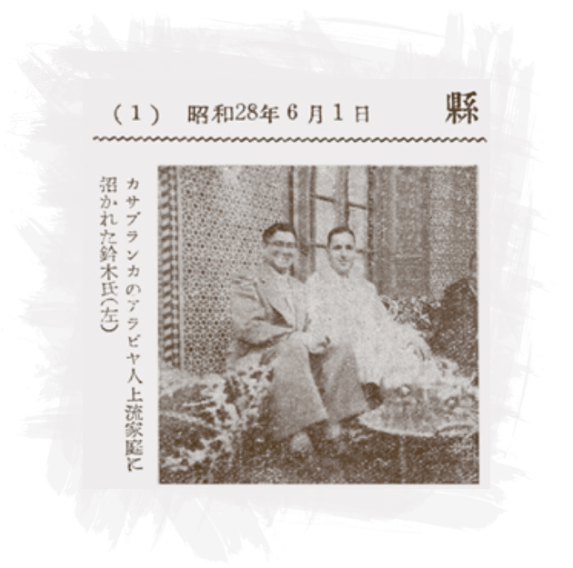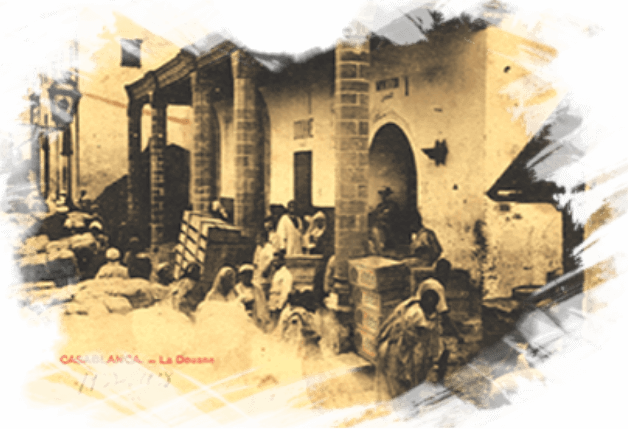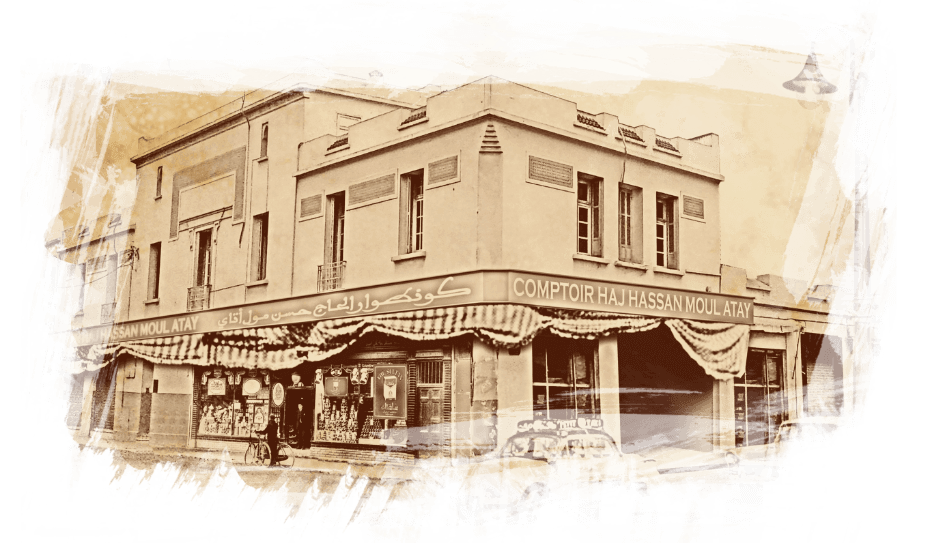FREE UK SHIPPING ON ORDERS ABOVE £15
3 FREE SAMPLES ON EACH ORDER

DELIVERY TO OVER 50 COUNTRIES
FREE UK SHIPPING ON ORDERS ABOVE £15
3 FREE SAMPLES ON EACH ORDER

DELIVERY TO OVER 50 COUNTRIES
3 MUESTRAS GRATUITAS EN CADA PEDIDO

ENTREGA EXPRESA A ESPAÑA
Moroccan tea has its own history and stamp, telling a story of how this drink has become a symbol of sharing and hospitality in so many cultures. Let's go back four centuries to see where it all began ...

History tells us that at the end of the 17th century, tea was introduced in Morocco to the court of Sultan Moulay Ismail (1672-1727) by Queen Anne of England (1665-1714), hoping to encourage the release of British prisoners of war. Although several fatwas originally banned tea, according to the Islamic ban on fermented wine, tea increasingly became the gift that foreign visitors would bring to Moulay Ismaïl. In the 18th century, English and Dutch missionaries, diplomats, and privateers began to consume tea in abundance, its refined taste seducing the court and the other spheres of the Makhzen. The tea eventually became a royal institution.

During the Crimean War, in 1854, the English were looking for markets for their tea after the blockade of the Baltic Sea. They turned to Morocco, paving the way for a democratization of tea in the kingdom. In 1870, when a serious food crisis shook the country whose imports are regressing massively, tea remained one of the few commodities accessible. It becomes a symbol of the test during these troubled times. Here, the English began to flood the market with low quality teas that became a substitute food for Moroccans along with dates and figs.

From 1930, important families of merchants and private traders, headed by Hadj Hassan Raji "Moul Atay", began to market tea and contribute to the development and distribution of tea in the country. In the early 1960s, the state took the monopoly of tea packaging and distribution by creating the National Office of Tea and Sugar (ONTS). Finally, in 1994, the state decrees the end of the monopoly of the ONTS and the market opened once more. This key date marks the return to the sector of private groups, some of which have largely contributed to make tea the national drink of Morocco.
This item has been added to your cart